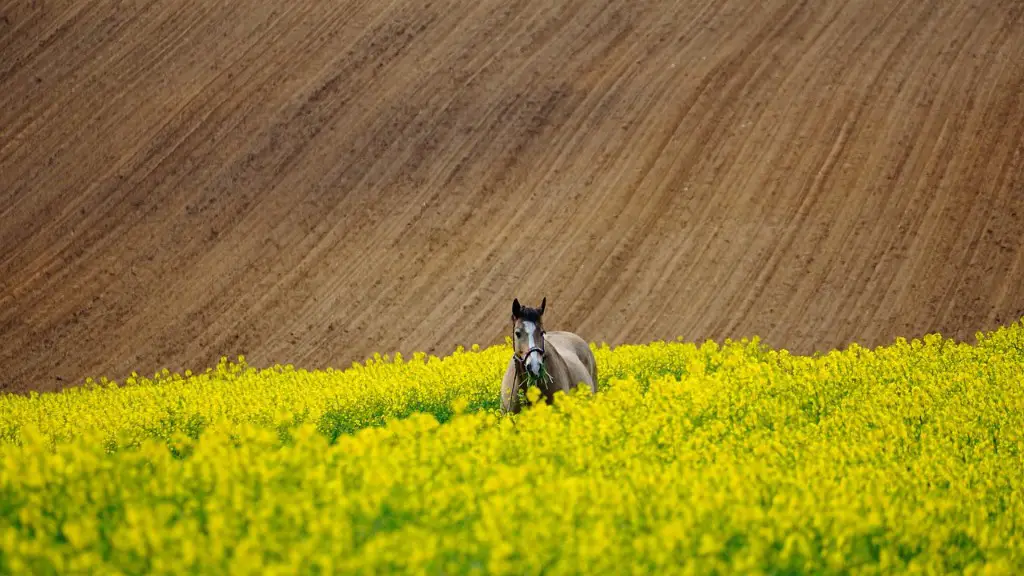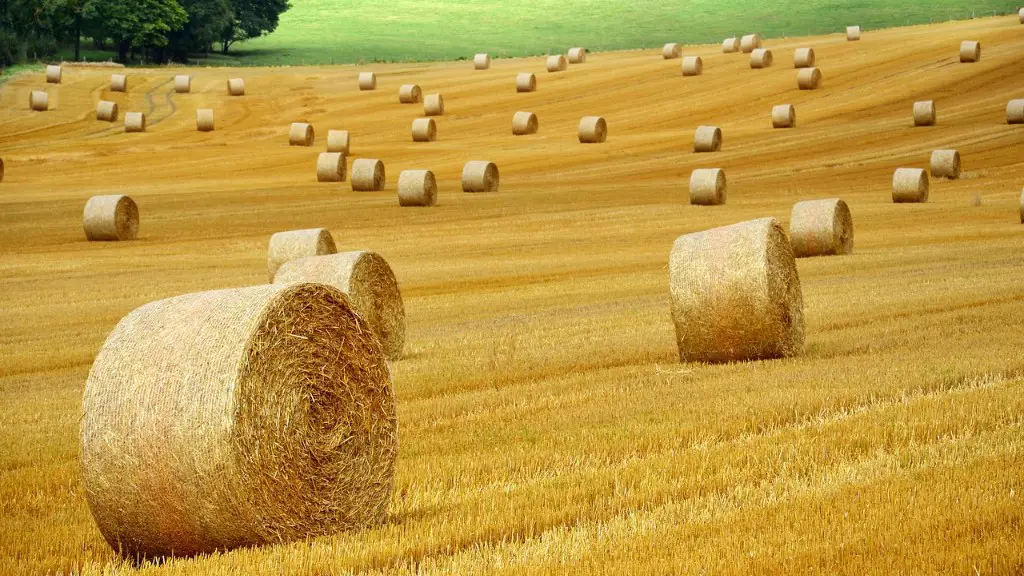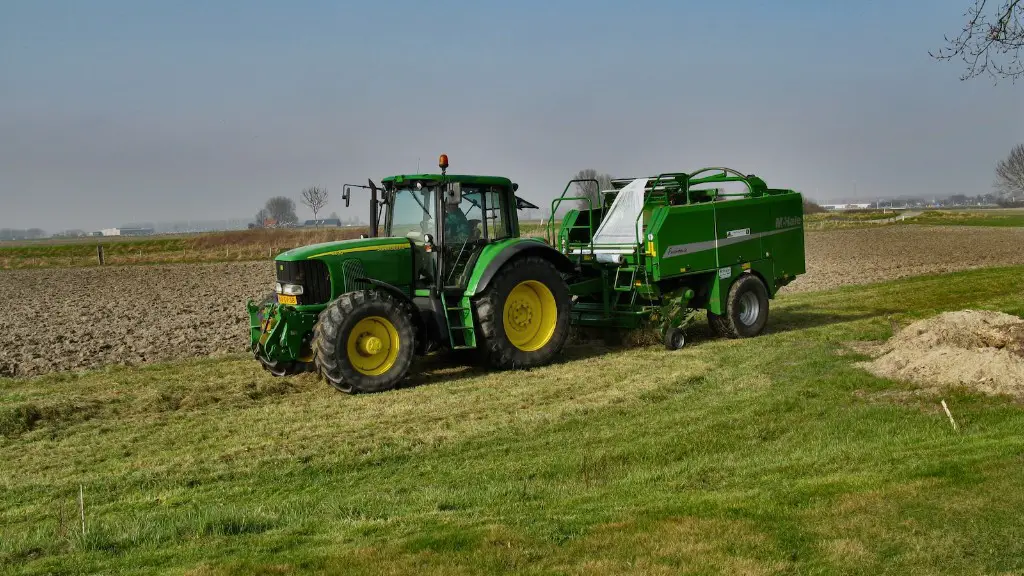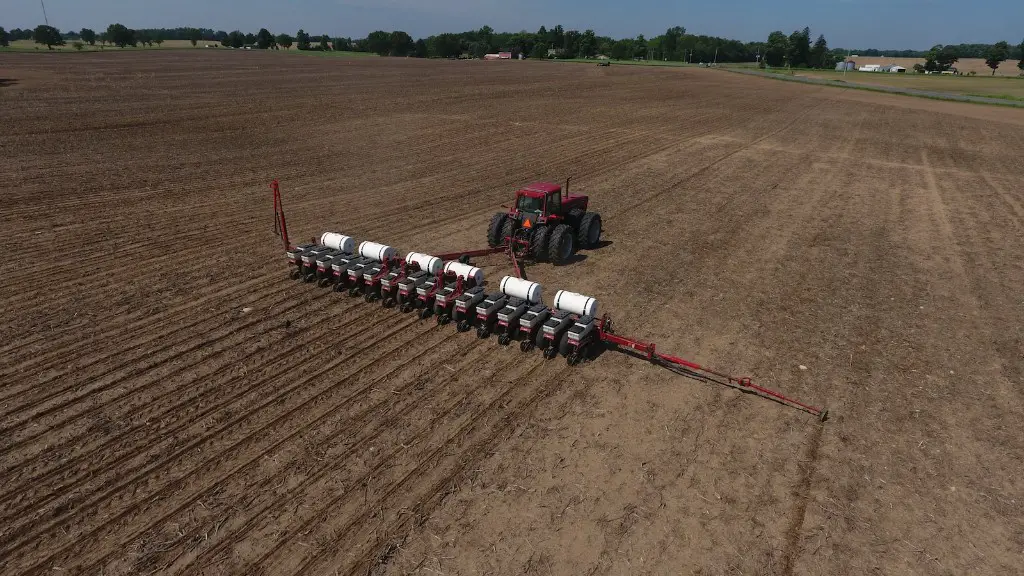The origins of agriculture are closely tied to the origins of religious belief. For many early cultures, the cyclical patterns of plant growth, reproduction, and death mirrored the cycles of human life, providing a natural metaphor for birth, death, and rebirth. This link between religion and agriculture helped to solidify the role of religious leaders as custodians of traditional knowledge and cultural values. In some cultures, religious beliefs continue to play a significant role in shaping agricultural practices.
In many traditional agrarian societies, religious beliefs and practices are closely linked to agricultural activities. For example, many agrarian religions involve seasonal rituals and ceremonies that are designed to ensure a good harvest. In some cases, such as in ancient Greece and Rome, specific deities were responsible for overseeing different aspects of agriculture, such as fertility, rainfall, and crop protection. In other societies, such as in many parts of Africa and Asia, religious beliefs and practices are used to ensure the health and well-being of livestock. In still other societies, religious beliefs and practices play a role in the use of agricultural resources, such as in the case of some Native American tribes who believe that certain plants and animals have spiritual power.
What is the connection between agriculture and religion?
Religion and agriculture have been closely associated since neolithic times. The development of early Orphic religions was based upon fertility and the seasons. This close association between religion and agriculture continues today in many parts of the world. In many cultures, religious ceremonies and rituals are still performed in order to ensure a good harvest.
Neolithic religion was the first form of religion to develop after the invention of agriculture. It was characterized by a belief in a pantheon of gods and goddesses, as well as animism (the belief that everything, including inanimate objects, has a spirit). Neolithic religion also involved ritual practices such as ancestor worship and the use of shamanism to communicate with the spirit world.
What are agricultural religious beliefs
The term agricultural spiritualism was coined by Dr. Henry A. Wallace, the former United States Secretary of Agriculture, in a speech he gave in 1944. In this speech, Wallace argued that the spiritual nature of humanity is linked to the production and consumption of food. Wallace contended that the way we grow and consume food reflects our spiritual values, and that the food we eat can have a profound impact on our spiritual health.
Wallace’s ideas about agricultural spiritualism have been adopted and expanded upon by many other thinkers and writers. Today, the concept of agricultural spiritualism is widely recognized as a valid and important perspective on the relationship between food and spirituality.
Agriculture is one of the most important inventions of humanity. It allowed people to grow all the food they needed in one place, with a much smaller group of people. This led to massive population growth, creating cities and trade. Agriculture has had a profound impact on the development of civilization.
How do cultural and religious factors influence agriculture?
Culture and religious beliefs can play a significant role in influencing farmers’ adoption decisions of IRVs, and ultimately their level of efficiency. In many cases, these factors can create a technology gap among farmers, with those who are more open to new ideas and practices being more likely to adopt IRVs and be more efficient. In order to address this issue, it is important to raise awareness among farmers of the potential benefits of IRVs and to provide support in terms of education and training.
When early humans began farming, they were able to produce enough food that they no longer had to migrate to their food source. This meant they could build permanent structures, and develop villages, towns, and eventually even cities. Closely connected to the rise of settled societies was an increase in population.
How did religion play a role in the revolution?
Religion was a major factor in the American Revolution, providing a moral justification for those opposing the British. This assurance from God made many Americans feel more comfortable with the idea of rebelling against the British crown.
The industrial revolution was a time of great change for the world. It started in the early 18th century in Britain, and quickly spread to other parts of Europe and North America. The industrial revolution was a result of developments in technology, a shift towards industrialization, and the growth of cities. One of the key inventions of the industrial revolution was the seed drill, invented by British farmer Jethro Tull. The seed drill allowed farmers to efficiently sow seeds in rows, rather than scattering them by hand. This invention led to a increase in food production, and helped to feed the growing population of cities. The industrial revolution also led to the development of new transportation methods, such as railways and canals. These new transportation methods allowed goods to be transported more efficiently, and helped to spur economic growth.
How was religion affected by the American Revolution
The Revolutionary War had a lasting impact on the state of religion in America. Those who were partial to millennialist ideals believed that Christ would reign on earth for 1000 years and that the victory over Britain was a clear sign of God’s partiality for the United States.
The ancient Egyptians religion was tied to agriculture in many ways. One way was that they practiced polytheism and believed in many gods and goddesses. One of their most important gods was Re, who was the god of the sun. The sun was very important to the ancient Egyptians because it helped grow their crops. They also believed that the Nile River was essential to agriculture and life in general.
What are examples of religious influences on food?
Religious dietary restrictions can have a significant influence on what foods people buy. For example, Muslims will not eat meat that has not been slaughtered by the halal method, while those of the Jewish religion will only eat kosher foods. These restrictions can make it difficult for people to find foods that they can eat, and can also lead to higher food prices.
Farming God’s Way is a Christian approach to agriculture that focuses on stewardship of the land. The idea is that God is the ultimate farmer and we are called to be good stewards of His creation. This approach to farming emphasizes sustainability, care for the environment, and responsibility to the community.
Why was agriculture so important to early civilizations
Without agriculture, human populations would be greatly reduced and less dense. Agriculture allowed for the domestication of plants and animals, which in turn made it possible to support larger and denser populations. Moreover, agriculture allowed people to settle down in one place and develop attachments to their land. This led to the growth of small settlements into towns and eventually cities. The agricultural surplus also allowed people to pursue interests other than simply surviving.
In Colonial America, farms were the primary source of income for 90% of the population. Most farms were small and only produced enough food to feed the family. Towns were shipping points for the export of agricultural products. This was the main source of income for many families.
What is the historical background of agriculture?
Agriculture is one of the most important inventions of the human race. It allowed for the domestication of plants and animals, which led to the development of civilizations. Agriculture allowed for the growth of cities and the rise of civilizations. It also allowed for the growth of food surpluses, which allowed for the development of trade and commerce. Agriculture has had a profound impact on the human race, and it is one of the most important inventions in human history.
Factors influencing agriculture include climate, type of soil, population density, and technology. Agricultural benefits can be derived from a variety of factors, but one of the most important is the type of crop grown. Crops that need a cool growing season are typically more difficult to grow in India due to the climate.
Conclusion
The two main ways that religion was tied to agriculture were through the cycle of the seasons and through fertility. Most religions during this time were polytheistic, which meant that they worshipped multiple gods and goddesses. Each of these deities was responsible for a different aspect of nature, including the sun, the rain, the soil, and the crops. The cycle of the seasons was very important to agriculture, and the religi
Agriculture has been an important part of human society for thousands of years. Religion has played a significant role in shaping Agriculture, and vice versa. Religion has been used to legitimize and support the practice of Agriculture, as well as to challenge and critique it. For example, religions have been used to justify the use of slaves in agriculture, as well as to condemn the practice. Today, religion is still closely tied to agriculture in many parts of the world.





